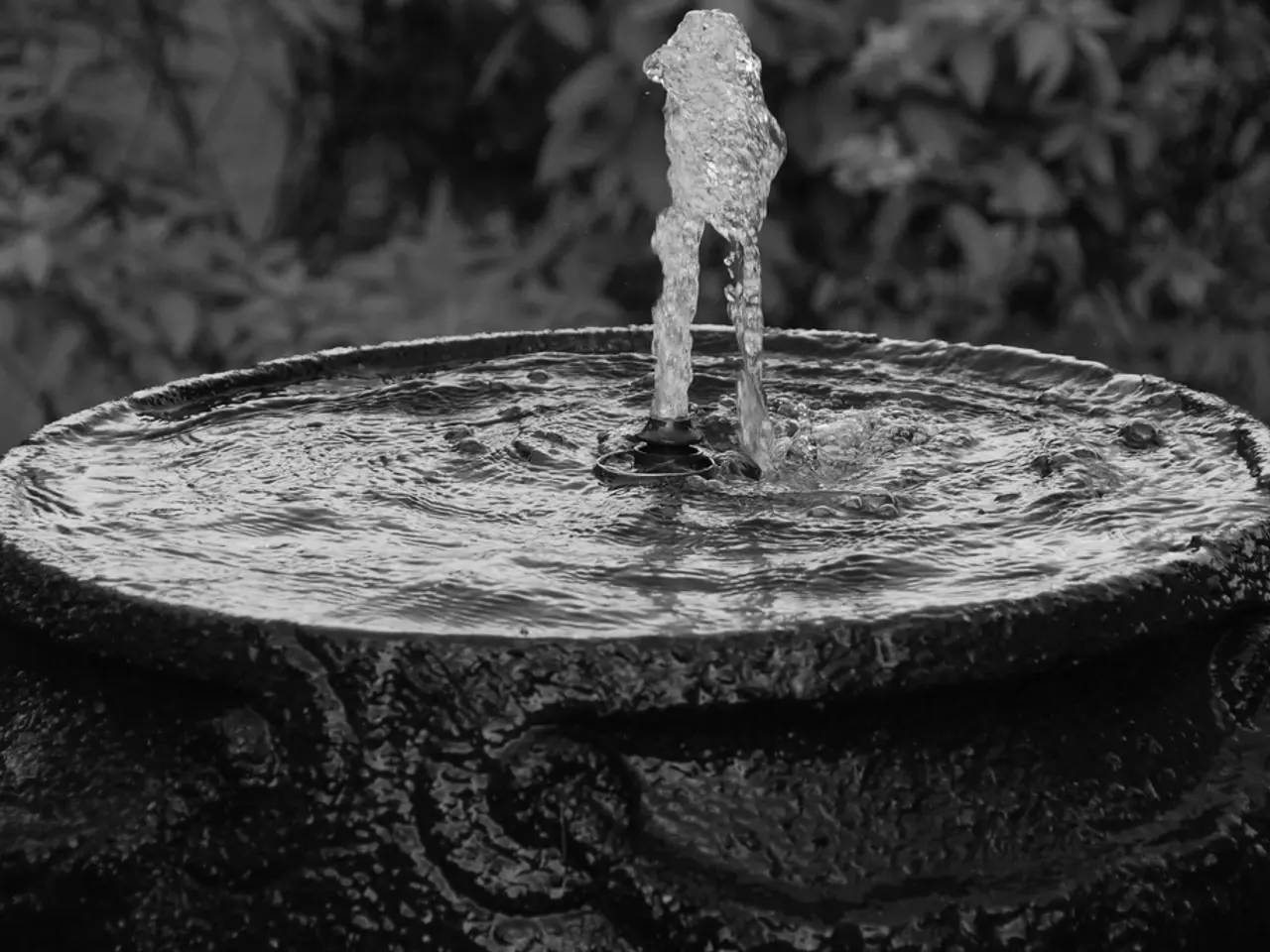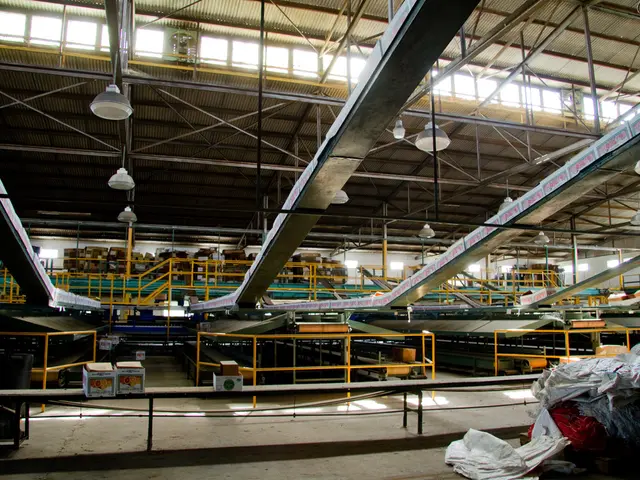Giessen Wastewater Plant Achieves 94% Energy Self-Sufficiency
The Giessen Wastewater Treatment Facility has significantly boosted its energy self-sufficiency, now generating 94 percent of its own power, thanks to a new CHP facility and compressor station commissioned in May 2023.
This upgrade has led to a substantial reduction in energy consumption and operating costs, as the aeration systems in the aeration tanks are being renewed to adapt to the high-efficiency compressed air supply of the new facilities. The energy-optimized aeration not only reduces the ecological footprint of the wastewater treatment facility but also enhances operational safety by enabling more precise control and better reaction to changing loads in the wastewater.
Since 2023, the modernization has already resulted in a saving of 1,885,000 kilowatt hours of electricity per year, enough to power around 1,450 households. The modernization involves installing more than 800 aerator membrane modules per tank, with the work on the current tank expected to be completed by the end of October 2025, and the last two tanks scheduled for modernization in 2026 and 2027.
The Giessen Wastewater Treatment Facility, with its eight aeration tanks each holding 4 million liters and a daily wastewater volume of around 70 million liters, is undergoing modernization to improve energy efficiency. This project is expected to further reduce energy consumption and operating costs, while also enhancing operational safety and reducing the facility's ecological footprint.
Read also:
- Genetically Modified Spiders Debut Worldwide First
- Magnitude 6.9 Earthquake Strikes Philippines, Killing Five and Causing Widespread Damage
- Signs of Low Blood Sugar Levels
- Lawsuits filed by numerous families against Boeing and Honeywell in relation to the fatal Air India crash in June, claiming the lives of 260 individuals.






